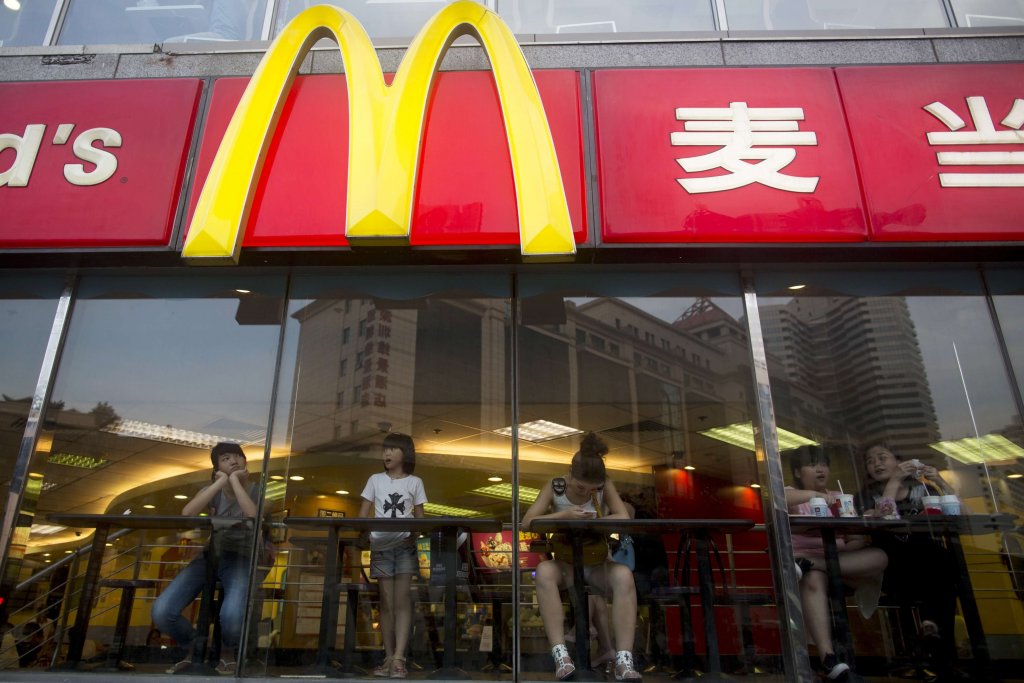The fast-food chain, McDonalds, have made news headlines in China in recent weeks over the company’s decision on its new Chinese name.
The name modification comes after McDonald’s US parent firm sold most of its business in China earlier this year to a Chinese consortium for more than $2 billion.
The consortium have altered the previous Chinese localization of the brand name ‘Maidanglao’, which was a Chinese rendering of ‘McDonalds’, and have instead chosen ‘Jingongmen’ which translates roughly as ‘Golden Arches’, a name linked to the famous ‘M’ logo instantly recognisable around the world.
The problem is the similarity between the pronunciation of the Chinese word (used to describe the golden arches) and the word for ‘lowbrow’ or ‘peasant-like’.
This similarity is being mocked by social media users online in China, with some suggesting it sounds like a brand of pig feed, or that it comes across as crude or tacky.
This mocking has exploded into a form of ‘free’ publicity for the fast-food giants but it may not all be good news as some Weibo users are saying it “sounds like a furniture store. Are you sure the food is edible?” While others state is isn’t modern enough, it’s “rustic” or “backward”.
A company spokesman told CNNMoney that the name change only applies to the chain’s business registration and that the company branding will remain the same. However this hasn’t stopped the online mocking and it is questionable if the global food chain would want to be associated with such a ‘backward’ kind of image.
China’s a fast growing market for global food and drinks brands, with not only MacDonalds looking to almost double its presence, but also Starbucks, who already have 2,600 stores, proposing to open a coffee shop a day over the next few years. Competition will likely be fierce when vying for the attention of diners.
The publicity generated online by the mocking of MacDonalds may not be a bad thing for the company, however, it does highlight the need for considerate localisation and translation to enable the right image to be conveyed.












